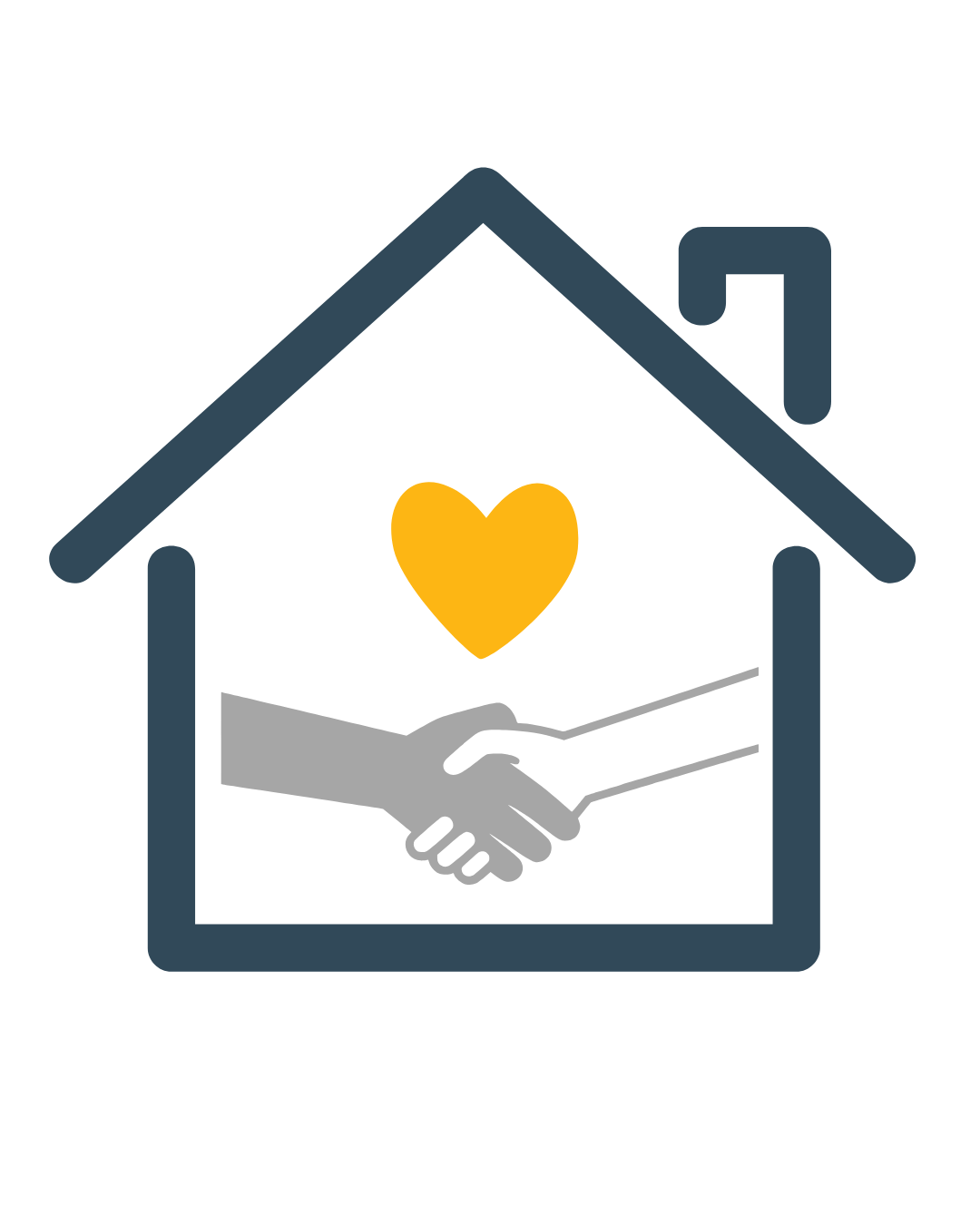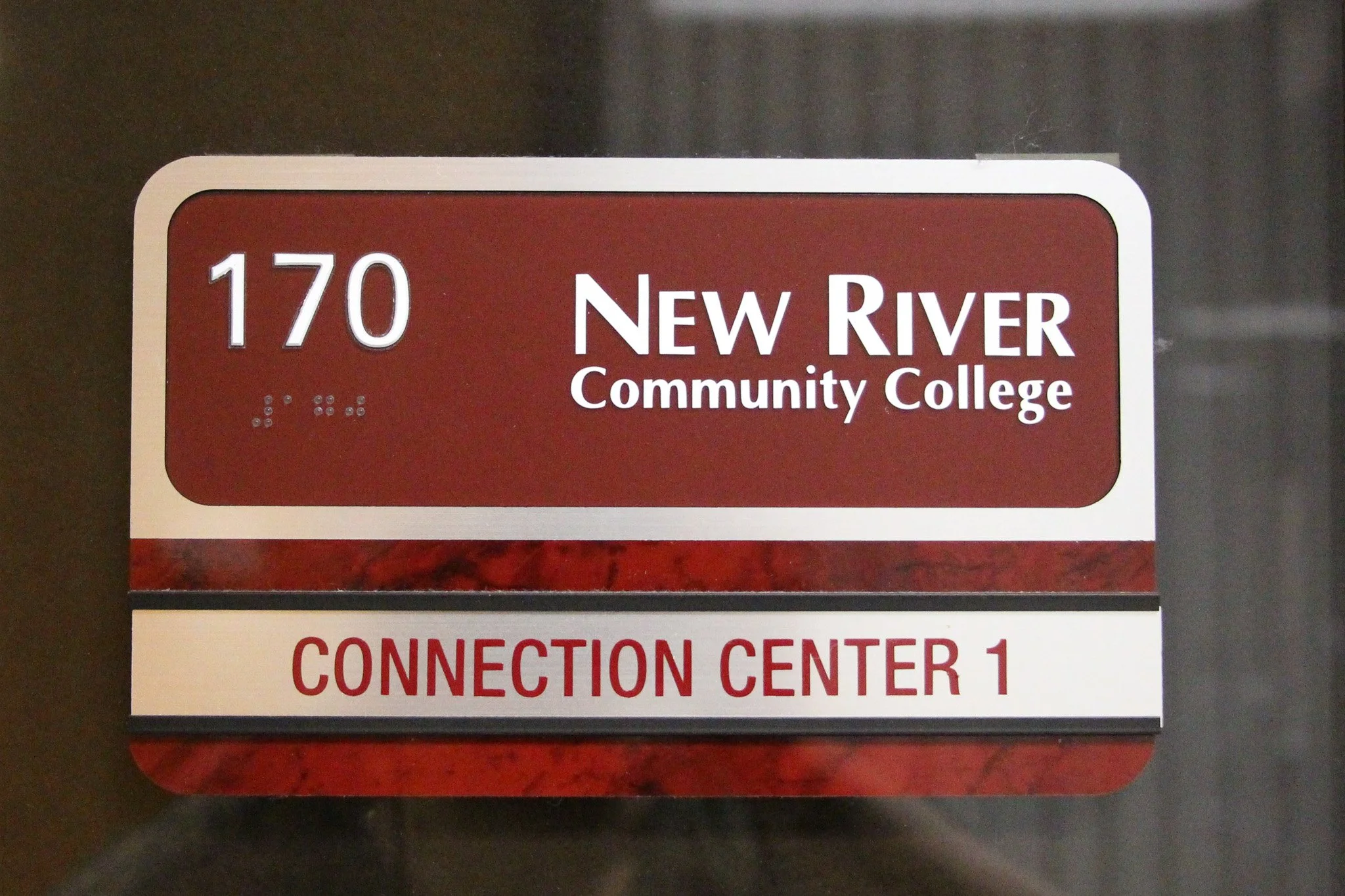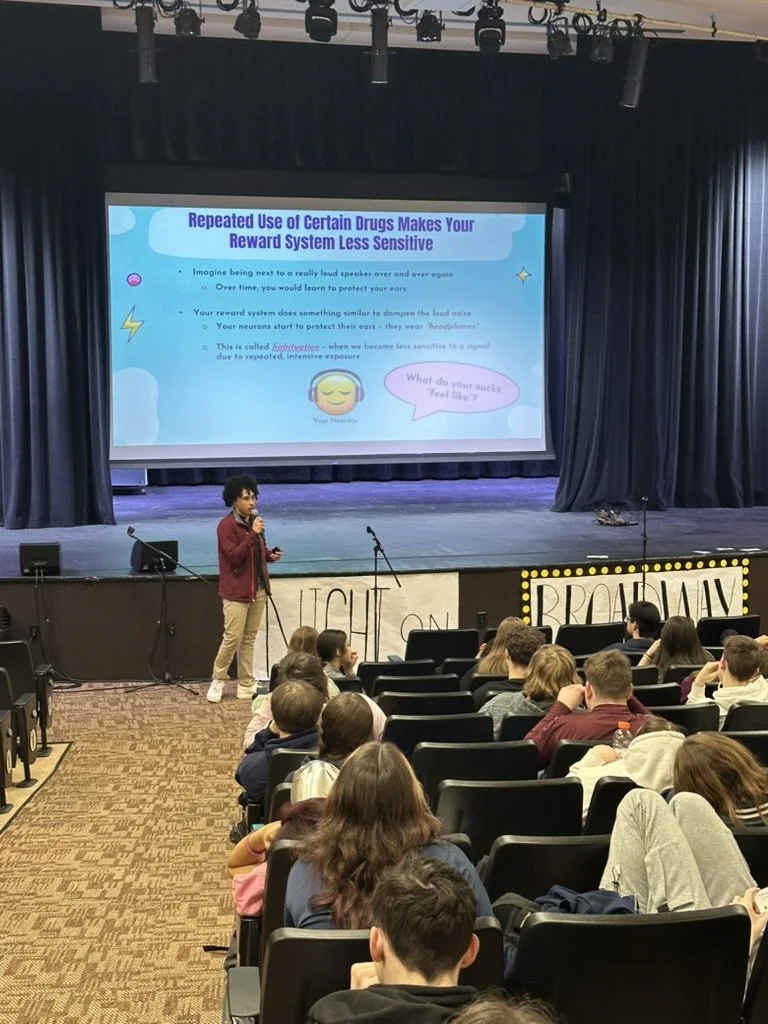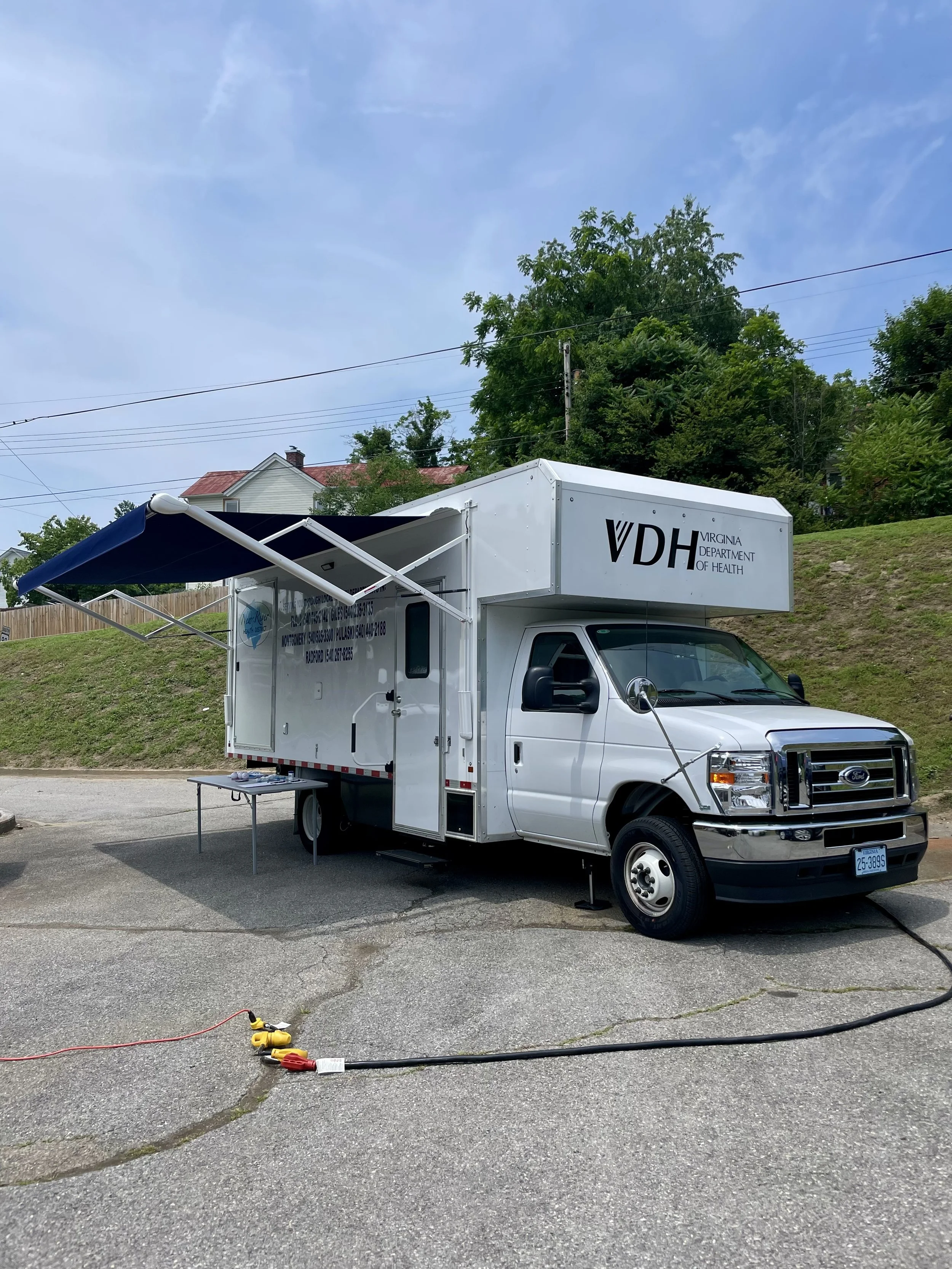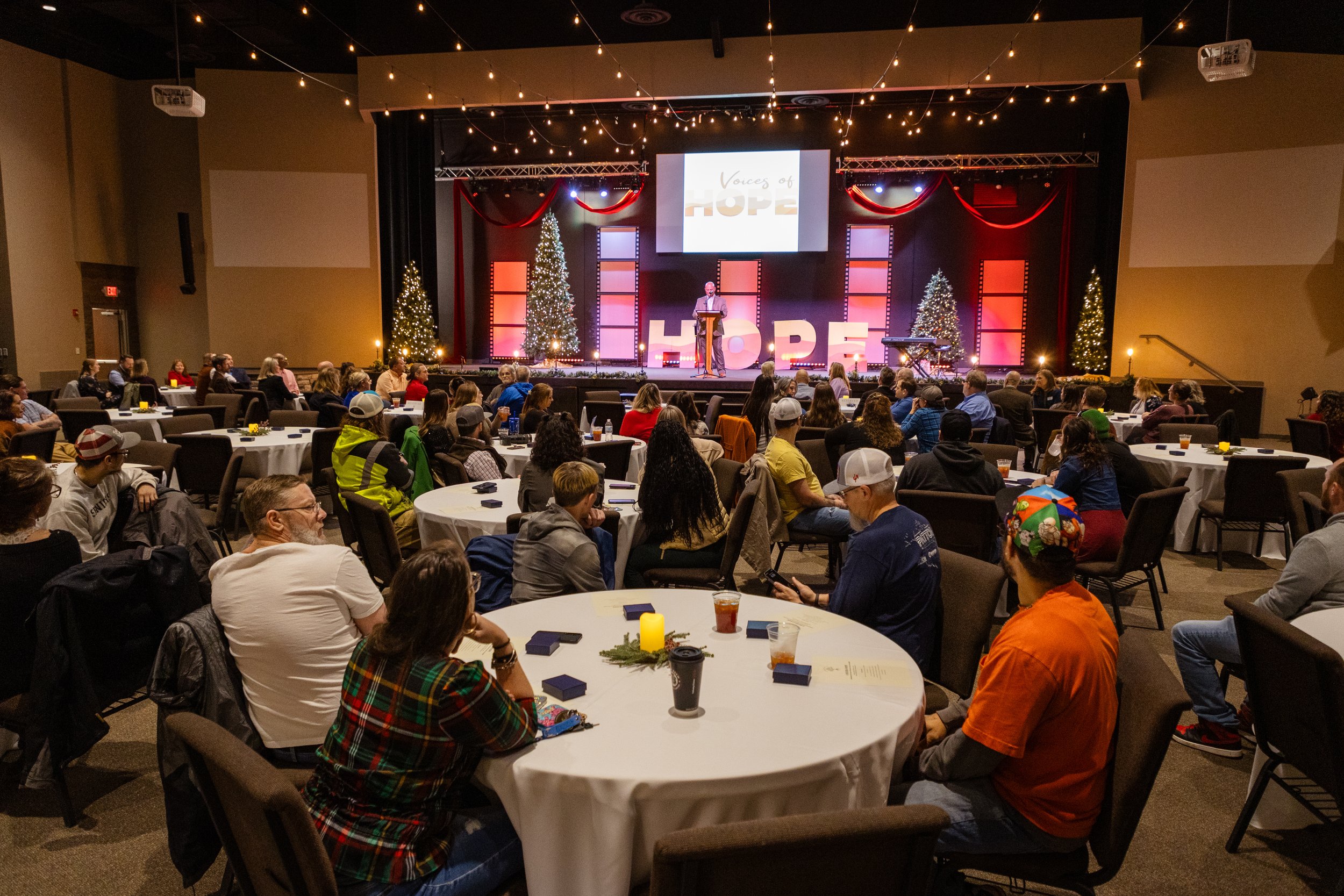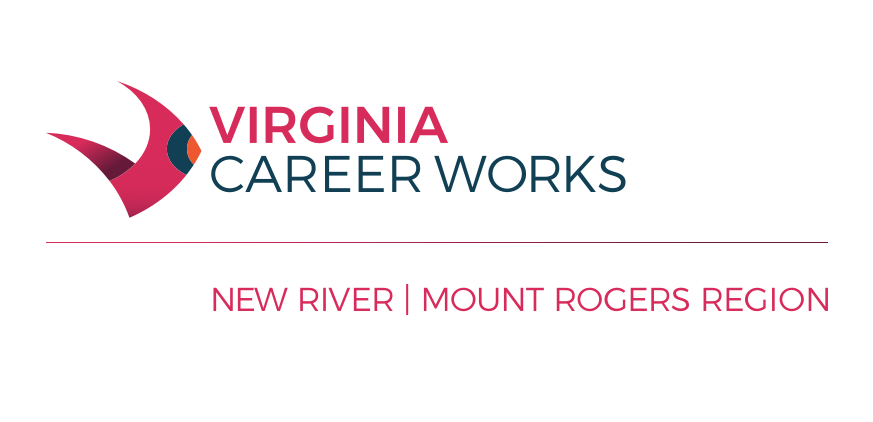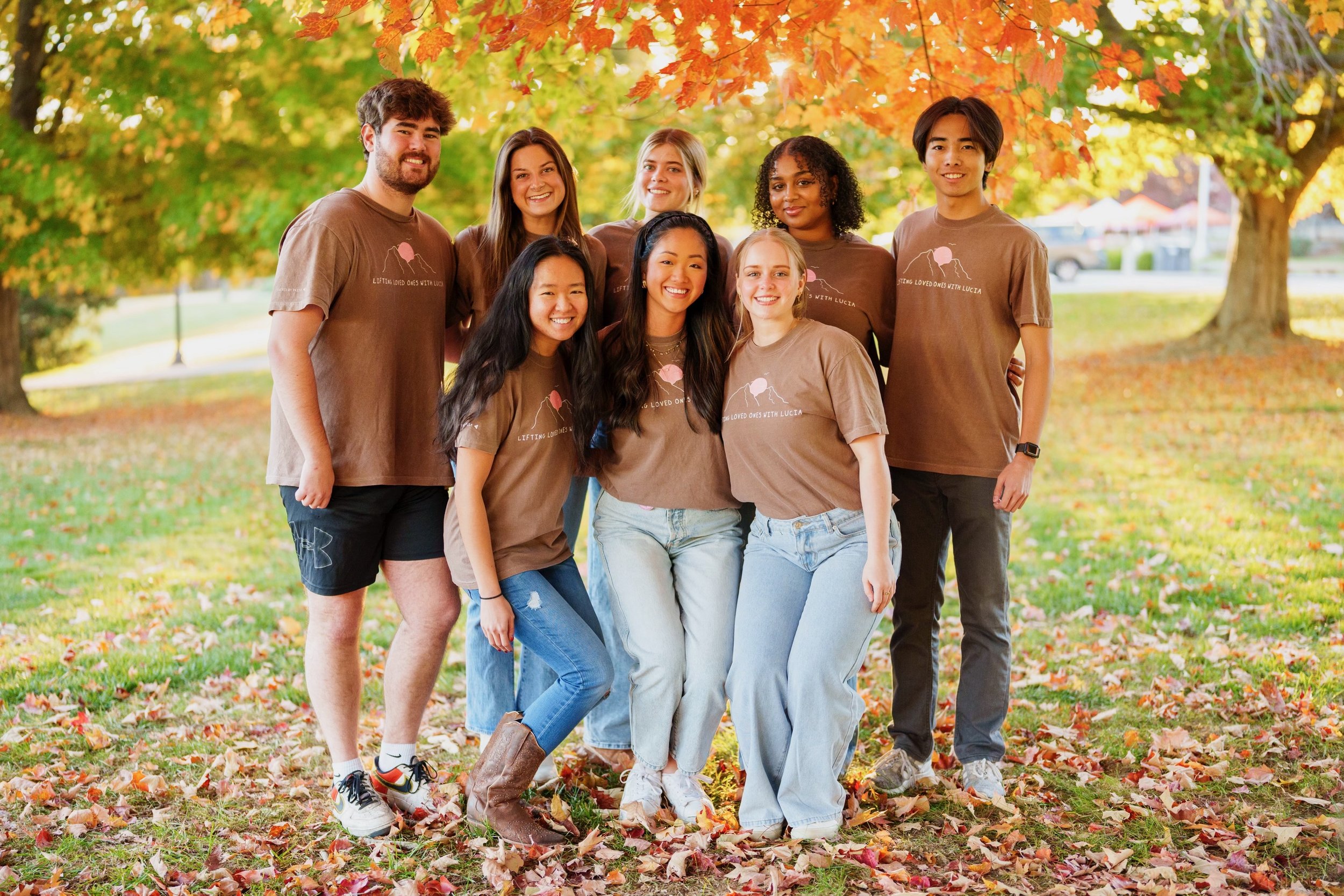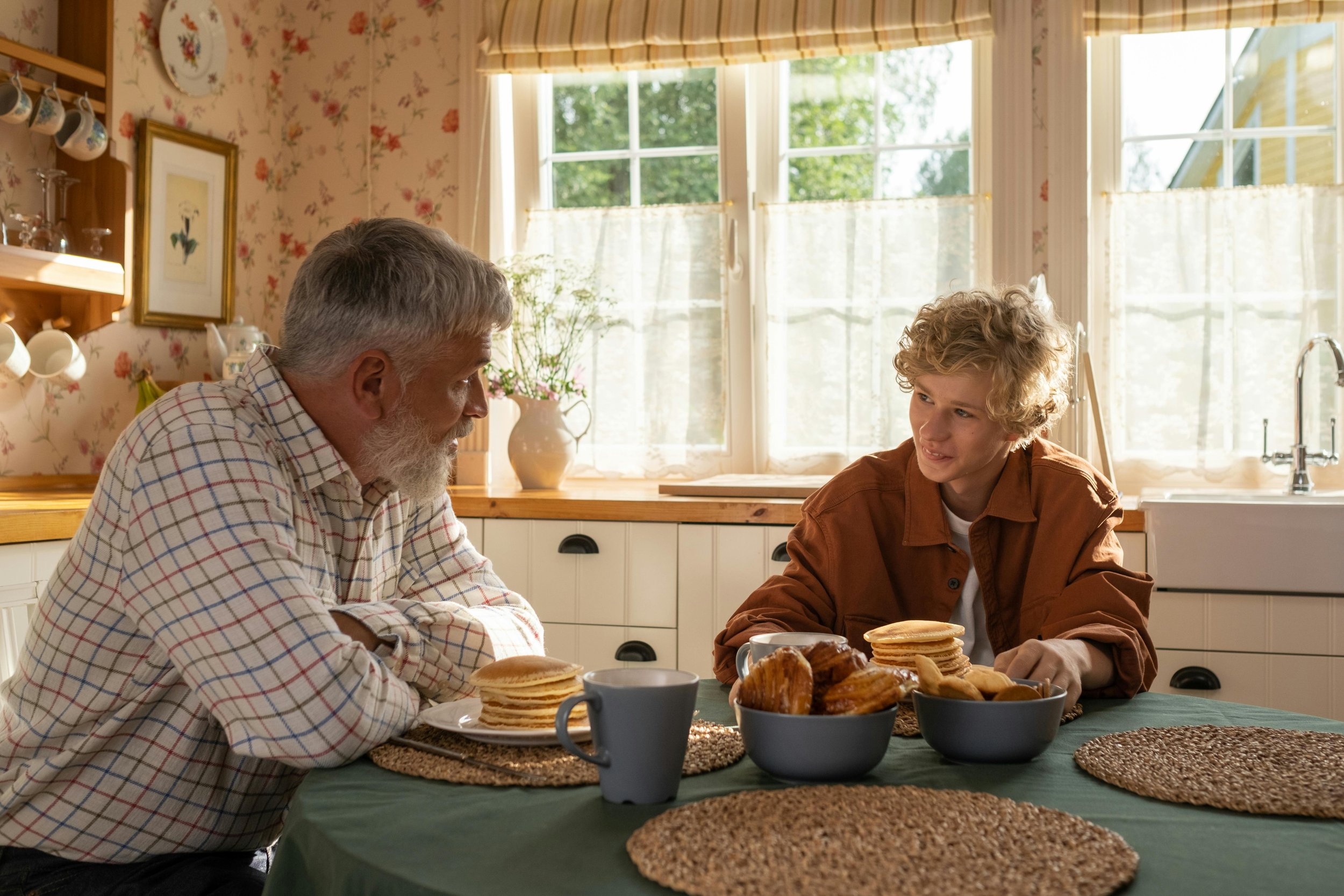Conversations about substance use often follow a pattern. A new drug appears, the community is concerned, and the focus quickly turns to stopping that substance before it causes more harm. Over the years, the names have changed: prescription opioids, heroin, fentanyl, xylazine… but the cycle remains the same.
On January 15, we celebrate National Hat Day. Though it is an informal, light-hearted observance, it can symbolize the assistance we can offer our community. Whether it’s a baseball cap, beanie, or fedora, hats tend to say something about who we are or how we’re feeling that day. In that way, National Hat Day offers a fitting metaphor for recovery, whether from substance use, mental health challenges, or both.
January is Substance Use Disorder Treatment Month, which offers us an opportunity to reflect on available treatment options and to embrace recovery in all of its forms.
Acta non verba translates to “actions, not words”, a phrase often associated with community service and one that is frequently heard throughout the recovery community.
Words matter and language carries power. The way people speak about substance use, recovery, and community shapes how individuals are perceived and how they receive support.
Every year on December 10, we recognize Human Rights Day. The day is a reminder that every person deserves safety, respect, and the chance to live a healthy life. This year the observance carries more weight as conversations about mental health and substance use continue to grow.
This month, we honor adoptees who turn adversity into advocacy, many of whom become mentors, counselors, or champions for others walking similar paths. Their experiences remind us that healing is not a straight line, but a journey made possible through compassion, understanding, and connection.
For many in our region, this time of remembrance can also stir feelings about loved ones lost to substance use. The New River Valley and surrounding areas have felt the deep impact of addiction, and behind every statistic is a person who was part of someone’s family, someone’s story, and someone’s heart.
Prevention science highlights the importance of protective factors, conditions that buffer against risk and support healthy youth development. In schools, these protective factors are especially powerful because they are intertwined into the daily lives of young people. By intentionally strengthening these supports, schools not only reduce the likelihood of problem behaviors such as substance use, bullying, or absenteeism but also promote resilience, positive mental health, and academic success.
To contribute to ongoing anti-stigma work and to elevate the voices of people with lived experience, our partners across the New River Valley began a collaborative project to share personal stories of people with histories of substance use.
At the heart of every Peer Center is a simple but powerful idea: recovery grows in community. These centers offer more than just resources—they provide a safe place to learn, connect, relax, and rediscover interests and skills to apply to a life in recovery.
This fall, students at New River Community College will have access to the school’s brand new collegiate recovery space. Located in Godbey Hall, the Connection Center is open to all students. Chad Fox, the Recovery Program Specialist of NRCC, explained how a key goal of the new space is to reduce stigma through community building on campus.
Just Say Know (JSK) is a science-based substance-use prevention program aimed at teen and pre-teen audiences facilitated by college students and recent graduates.
Mobile outreach is a gold standard in community health. It’s built on a simple but powerful idea: meet people where they are.
Spending time in nature can reduce stress, improve sleep, and boost overall wellbeing. Research shows it helps lower cortisol (a stress hormone), calms the nervous system, and provides a mental break from the constant stimulation of modern life.
The InStill team has quadrupled in size since moving to Pulaski at the beginning of 2023 when the group began developing a robust Peer Recovery program after consulting with community members. This program has now served well over 100 people and is beginning to change the way substance use and homelessness are treated in Pulaski.
On April 14th, members of our community came together for an opportunity to better understand the challenges our region faces. The Neuroscience of Addiction: Where Science Meets Policy was an event consisting of a presentation on the impacts of substance use on the brain from Virginia Tech students, followed by a panel discussion.
This Memorial Day, remember those who made sacrifices for our freedom, and advocate for their well-being every day.
This past Sunday was Mother's Day, and Father’s Day lies just around the corner. As you celebrate these holidays, we invite you to reflect on your relationships with your caregivers and loved ones. Family support provides valuable structure as we navigate the world around us. Yet sometimes parents face challenges with keeping families together.
The relationship between child abuse and substance use disorder is complex and deeply rooted in trauma. While many people who experience childhood abuse do not develop substance use disorders, the risk is higher, and the effects of abuse can be lifelong.
WASHINGTON, D.C. – Today, U.S. Senators Tim Kaine (D-VA) and Jim Banks (R-IN), members of the Senate Health, Education, Labor and Pensions (HELP) Committee, introduced the Providing Empathetic and Effective Recovery (PEER) Support Act, bipartisan legislation to support mental health care and substance use disorder recovery.
The mission is to provide affordable, high-quality medical, dental, behavioral, and preventive health care services to people of all ages and circumstances, regardless of their ability to pay. The Health Center is the only health care entity in our service area that offers comprehensive, integrated outpatient services on a sliding fee scale to low-income, uninsured, and underserved populations.
The New River Valley Peer Coalition is a network of Peer Specialists and allies striving to foster hope and healing in the region. The coalition will expand on these strengths by offering a collaborative space that fosters two main principles: relationships and development.
Addiction is isolating in nature, and degrades social connections. Reengaging in community activities counteracts this by shifting an individual's focus to spending time with others, volunteering, and communal support. These prosocial behaviors act as a protective layer in the recovery journey.
How can we support people in recovery by providing opportunities to secure meaningful employment throughout our region? To find out, we spoke with Marty Holliday, the executive director of the New River and Mt. Rogers Workforce Development Board.
NEW RIVER VALLEY, Va. (WDBJ) - The New River Health District is seeing a recent rise in dangerous overdoses on a drug new to the area called “Purple Heroin.”
The Rise Above team is deeply grateful for the support of our community, for the countless individuals who contribute daily to this vital work.
DUBLIN, Va. (WDBJ) - There is an ongoing opioid crisis affecting communities across the country. In the Commonwealth, the Virginia Department of Health predicts a total of 1,552 opioid-related deaths this year— down about 30% from 2021.
New River Community College is stepping up its response to overdoses by introducing a ONEbox to campus.
Within New River Valley, community members work hard everyday to address stigma by using their voices to initiate change. For instance, an undergraduate student named Lucia Fang ran for a position in the 2024 Virginia Tech homecoming court this fall. Her platform, entitled “Lifting Loved Ones with Lucia”, strove to break down the divisive stigma surrounding substance use disorder (SUD) that stands in the way of compassion and recovery.
Adolescence brings a shift from parents and other adults being the experts kids look to for information to their peers being the experts. A good deal of the messaging kids receive is from social media and it is a major influence we can't ignore. But if we lean into our relationships and have conversations where we are speaking honestly and listening without judgment, we will be able to reach our kids in a meaningful way.
Lavender serves as the board president of Hope in the Hills, a nonprofit dedicated to supporting recovery communities and helping to unite Appalachia in the face of an ongoing addiction crisis. Lavender explained the reason behind the need for the creation of the organization in Huntington, West Virginia in 2016. “We had 26 overdoses in 24 hours, so we got on the global map and became the spearhead for the opioid crisis and what was to come all over the country.”









